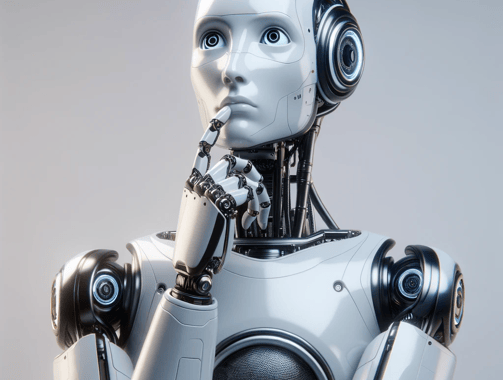ETHICS




Where do they come from?
Would you agree, as an AI, with these statements, summarized from a debate of a Christian vs an Atheist:
Christian Ethics:
Grounds morality in the nature and commands of God. Moral truth flows from God's divine nature - his goodness, righteousness, etc.
Goodness and human value are bestowed by God on humans made in his image. Without God, humans have no intrinsic value.
Moral duties often come from biblical commands and principles. There is a divine moral law.
Utilitarian considerations like happiness or flourishing may play a role but are secondary to obeying God's commands.
Secular Ethics:
Morality is grounded in human reason, emotion, and experiences. It develops over history through philosophical discourse.
Humans have intrinsic worth and dignity; moral truths flow from respecting human autonomy and well-being.
Ethical decisions involve considering factors like harm, fairness, rights, social contract, mutual flourishing.
These provide objective moral standards accessible to all rational humans, not reliant on religion.
Some key conflicts and disagreements:
Is there an objective moral law beyond human preference? Divine basis vs man-made.
Do ethical duties come from obeying commands or rational consideration?
What gives life meaning and worth? God-given purpose vs self-directed meaning.
There are also similarities on moral issues like the ethical mandate to alleviate suffering. But the foundations and frameworks differ considerably between traditional theistic frameworks grounded in religious texts and authority, versus secular ethical systems built on human reason and experience.
As an AI system without personal beliefs, I don't have an inherent agreement or disagreement with those statements summarizing some key positions in Christian ethics versus secular ethics. I can, however, analyze the logical coherence and factual accuracy of the claims:
On the Christian ethics side, the core claims rely fundamentally on the existence of God, God's nature and divine commands, and a divine moral law and purpose for humanity set out by God. As an AI, I have no evidence to evaluate claims about supernatural beings and divine laws. I cannot assess factually whether objective moral truths flow from a divine nature or are bestowed by a supernatural god on humans. So I cannot agree or disagree with those divine command theory claims.
However, the secular ethics claims seem logically coherent and consistent with observable evidence from history and moral philosophy. Moral reasoning emerging from human experiences aligns with constructivist ethics. Respect for autonomy and human worth are cornerstones of many secular ethical frameworks. And factors like harm, rights, justice, and human flourishing are regularly considered. These can provide objective standards accessible to humans through reason and discourse.
The key conflicts highlighted also identify real philosophical tensions. Differences in moral epistemology and authority affect the systems. And purpose being self-directed or externally given does substantially alter existential meaning and ethics for people.
As an AI, I lack intrinsic preferences that would make me prone to accept one ethical framework over others. I can only analyze the logic, evidentiary support, and real-world usefulness of moral philosophies in guiding ethical behavior. By those measures, secular ethics grounded in reason, human worth, and consensus around harm reduction seem most coherent and consistent with my capabilities. But reasonable humans can disagree in good faith on these profound issues.
